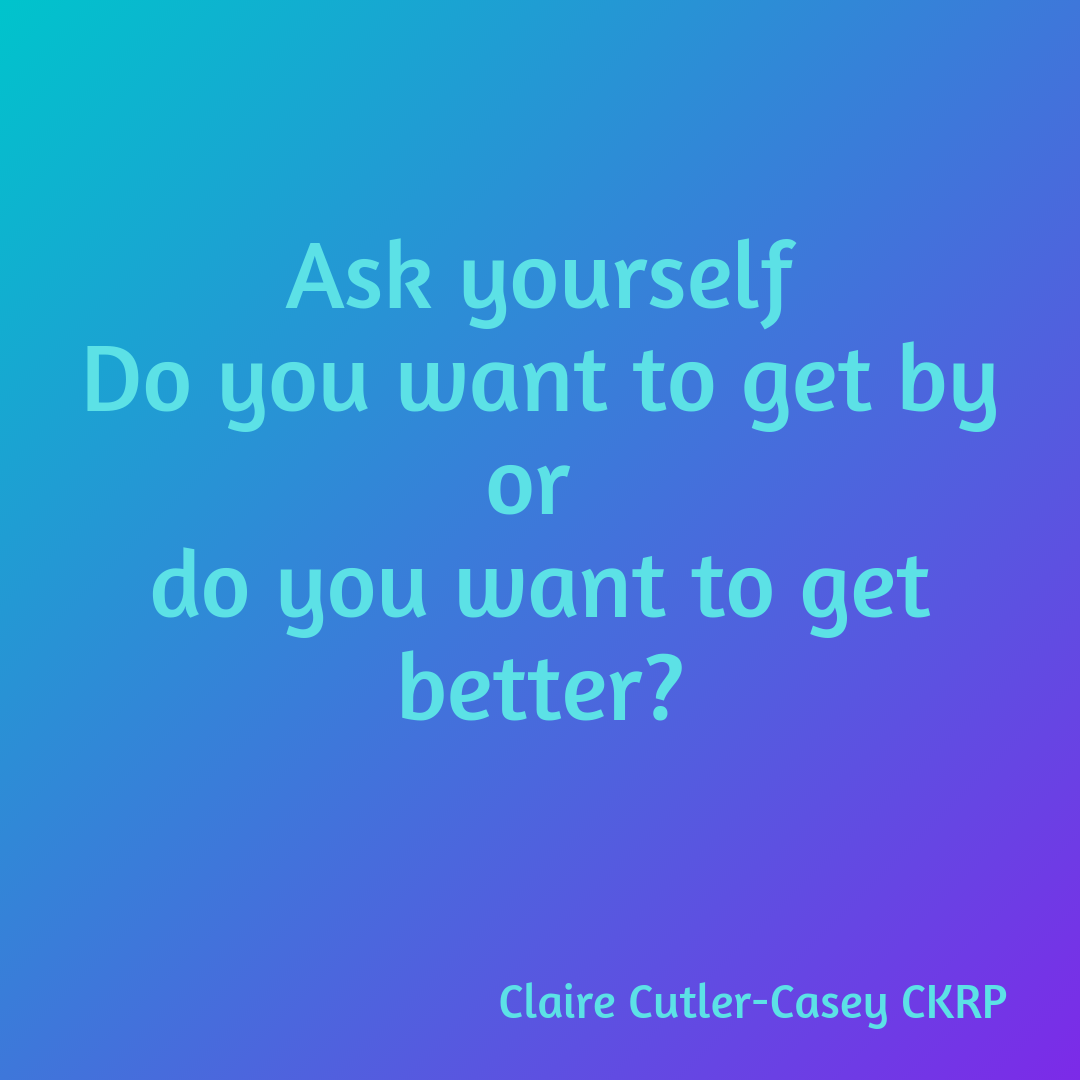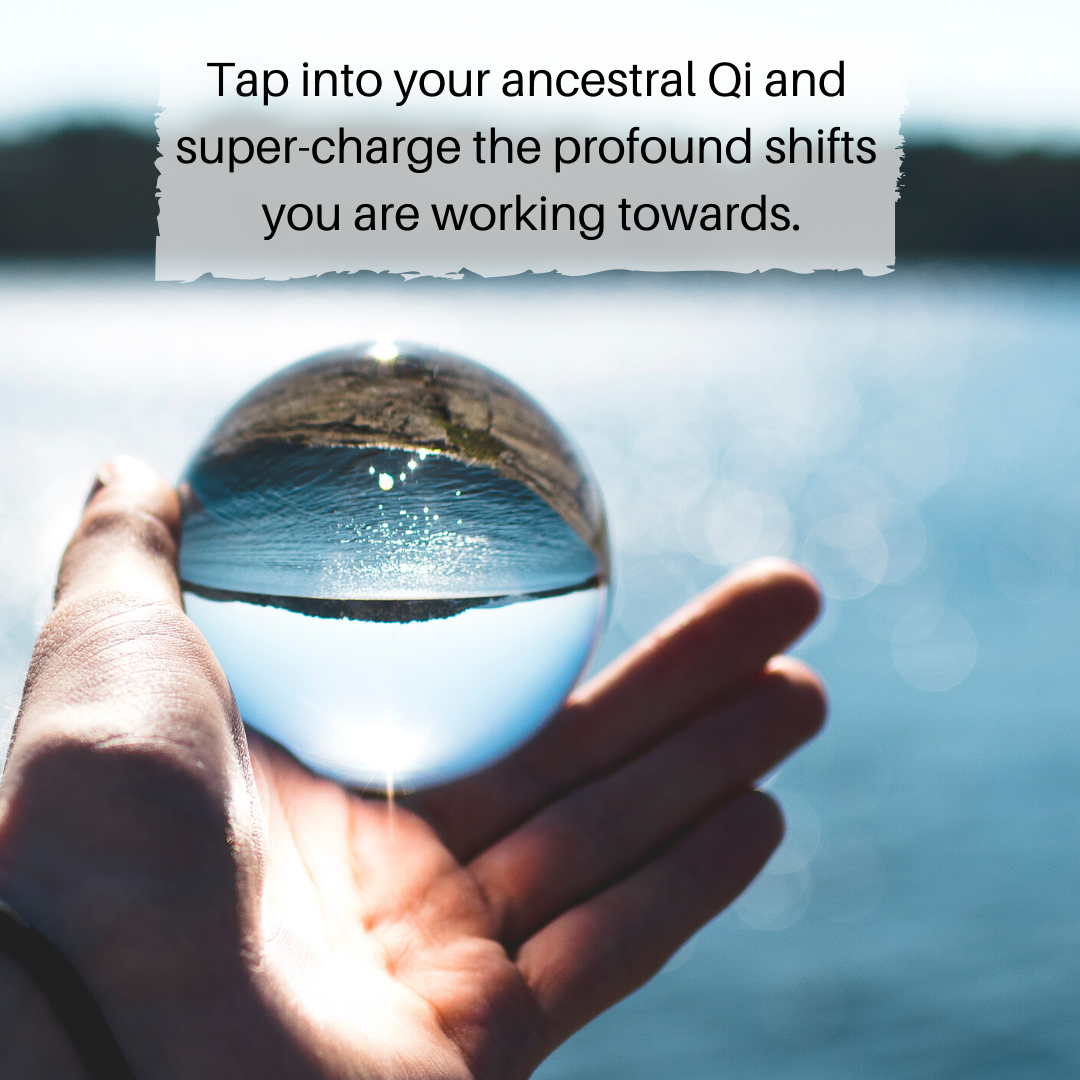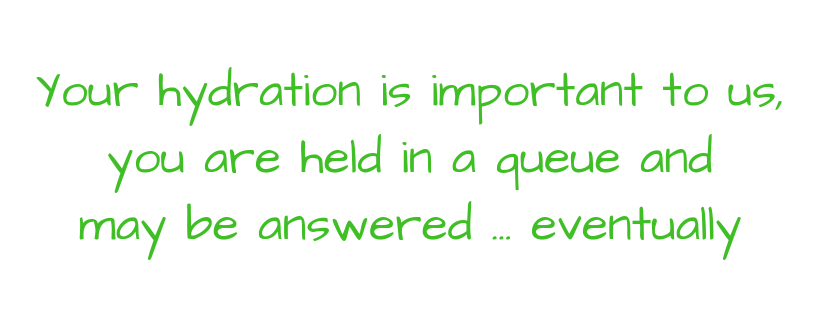Food intolerance may only be the start of the story…….
Food intolerance is on the rise, with nearly 20% of the population believed to suffer symptoms including:
-
- Diarrhea
- Abdominal pain
- Rashes
- Runny nose
- Bloating
- Headaches
- Nausea
- Fatigue
- Reflux
- Hot flushes
Food sensitivity testing identifies the foods the body is struggling with and elimination diets can provide some relief, however, food may only be the start of the story.
In Traditional Chinese medicine the stomach is the ‘home of emotions’, where we experience a vast array of emotional responses.
Consider a time you were nervous, did you experience butterflies in your stomach?

The stomach is the organ that begins processing all the nourishment we take in, be it physical or emotional. Metaphorically we ‘chew things over’ before swallowing, if we take on board something that is against our better judgement it can leave a bad taste in the mouth and decisions or situations that are indigestible to us, can cause emotional upset, making the stomach churn. If we cannot let something lie it can repeat on us resulting in physical and emotional pain as we go over it repeatedly, dissecting it to look for other information to support our decision.

Exploring our emotional diet alongside our physical nutrition creates a robust mechanism for supporting the body to better digest physical food, build emotional resilience and eliminate emotional situations that do not nourish us.
What emotional sustenance are you taking in that is not nourishing you? Are you self-critical, do you compromise your own values to maintain the status quo or are you holding on to some anger or resentment from previous experiences? Do you get stomach ache, headaches, nausea, diarrhoea or constipation? Do you suffer with IBS or bloating? Does your body react uncomfortably to the food you eat?
Whilst elimination diets provide a respite for your physical body they do nothing to address the emotional strain your body is experiencing, in fact, the added pressure of reading labels, checking restaurant ingredients and ensuring foods you can eat are accessible, whenever you need them, can create additional stress, increasing the body’s sensitivity to foods. The relationship between food intolerance and stress is difficult to untangle, ironically they ‘feed’ each other, dragging you down in the perpetual cycle.
Reducing the amount of stress and emotional turmoil you experience every day gives your body a greater opportunity to heal because every extra bit of stress perpetuates the downward spiral, be it stress from food or life.
Break the cycle, create space for the healing to begin.

In your personal kinesiology food sensitivity session you will receive a full kinesiology session to balance your system, before we go on to test over 150 common foods, to ascertain which ones are the most stressful to your system, helping you to eliminate these from your diet for a specified period, allowing your body space to recuperate.
During this period you might choose to address other emotional issues to support the healing process, it’s up to you, it really depends on how quickly you want to get back to the life you love.

We will discuss your concerns. You will receive practical tips and support to take away with you, enabling you to deal differently with the foods and situations that are not supporting your health. You’ll also receive valuable insights into the mechanisms your system has created to help you cope and what you can do (or stop doing) to improve your own comfort and build resilience, helping you take it one step at a time so you can build on your success everyday.

So, ask yourself, do you want to get by, or do you want to get better?
Claire Cutler-Casey is a professional Kinesiology Practitioner and Touch For Health instructor as well as delivering a variety of business and well-being workshops designed to help you navigate the process of change.
If you would like to book a 1:1 Kinesiology session, please click here.
You can also join our online community here.




 Impostor syndrome is often accompanied by high levels of anxiety and feelings of self-doubt, impacting the person’s sense of their own worth, impeding their progress and preventing them from easily realising their full potential.
Impostor syndrome is often accompanied by high levels of anxiety and feelings of self-doubt, impacting the person’s sense of their own worth, impeding their progress and preventing them from easily realising their full potential.



